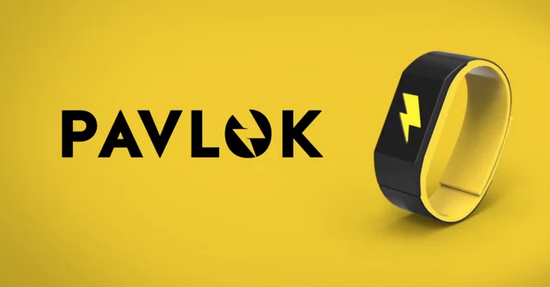This article originally appeared in Science of Us.
A few years back, Maneesh Sethi enjoyed a fleeting 15 minutes of internet fame when he hired a woman to slap him when she caught him wasting too much time on Facebook, Reddit, and other online productivity sinkholes. Now Sethi’s applying that same bad-habit-busting logic to a new crowd-funding venture: a wristband that helps you break unwanted habits by shocking you out of them.
It’s not entirely clear from the Indiegogo writeup how this device will help you break your habits—how will it know, for example, when you’re biting your nails?—but no matter. The wristband, called Pavlok, has already nearly doubled its goal of $50,000 since its Tuesday debut.
If you’d rather not shock yourself into behavioral change, however, here are some alternative, research-backed ideas, from a presentation University of Southern California social psychologist Wendy Wood gave at the American Psychological Association’s annual convention in August:
First, you must derail existing habits and create a window of opportunity to act on new intentions. Someone who moves to a new city or changes jobs has the perfect scenario to disrupt old cues and create new habits. When the cues for existing habits are removed, it’s easier to form a new behavior. If you can’t alter your entire environment by switching cities—make small changes. For instance, if weight-loss or healthy eating is your goal, try moving unhealthy foods to a top shelf out of reach, or to the back of the freezer instead of in front.
The second principle is remembering that repetition is key. Studies have shown it can take anywhere from 15 days to 254 days to truly form a new habit. “There’s no easy formula for how long it takes,” Wood says.
Lastly, there must be stable context cues available in order to trigger a new pattern. “It’s easier to maintain the behavior if it’s repeated in a specific context,” Wood emphasizes. Flossing after you brush your teeth allows the act of brushing to be the cue to remember to floss. Reversing the two behaviors is not as successful at creating a new flossing habit. Having an initial cue is a crucial component.
The thing about flossing really works, by the way—no electric shock required.
See Also: Do Brand Make People Religious?
